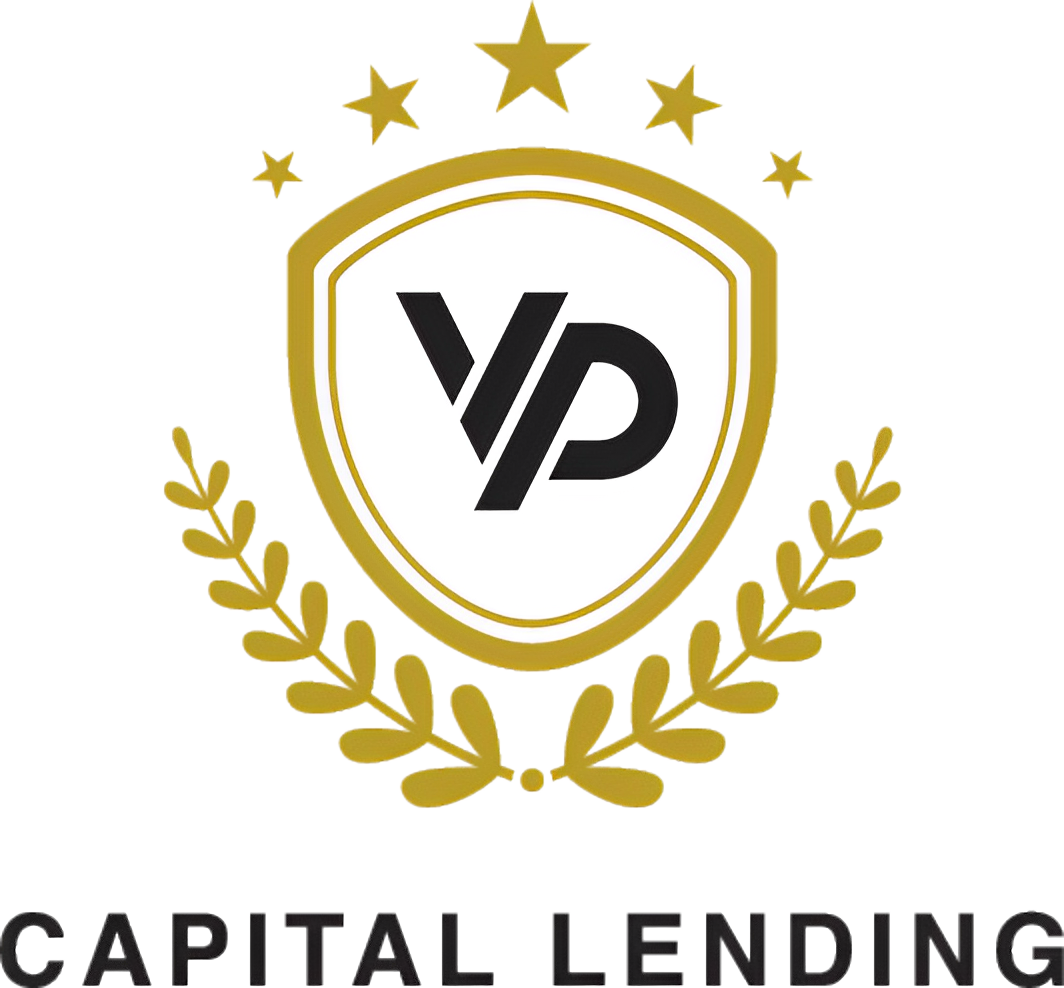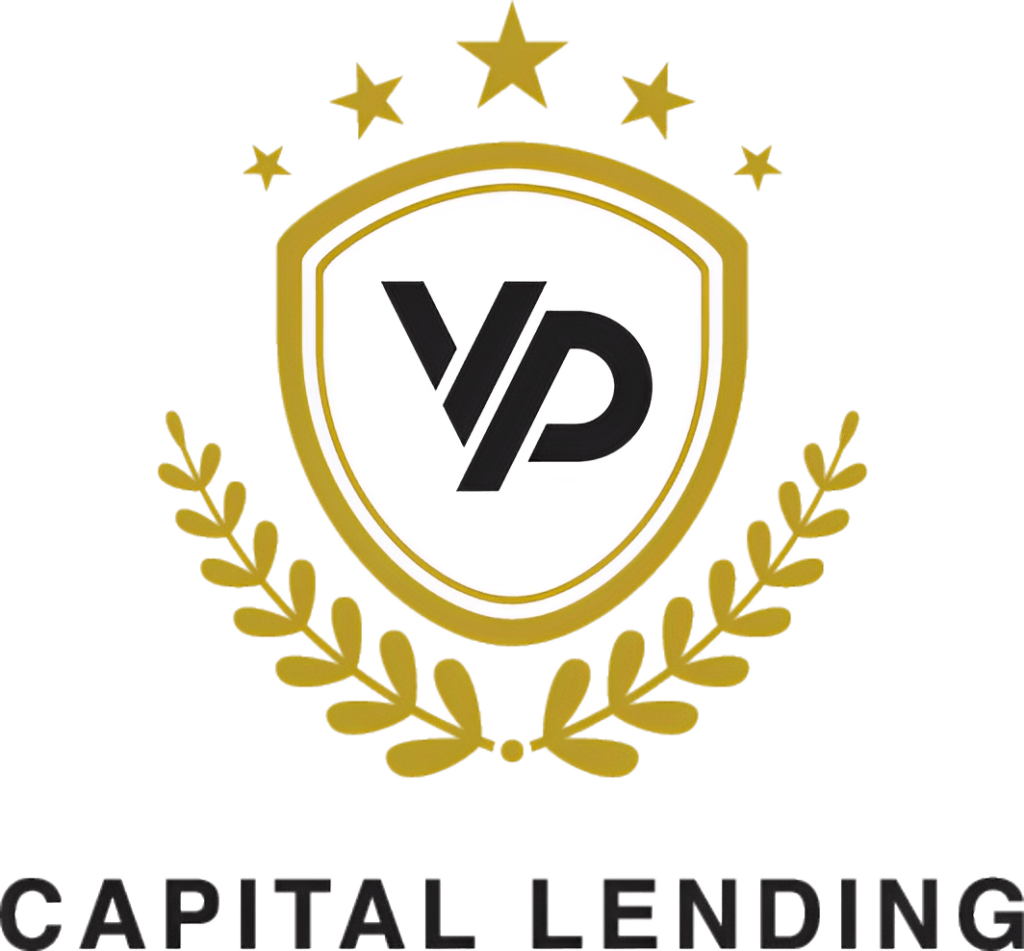The rental market is continually expanding, so taking on a rental property is an excellent way to see a healthy return on investment. There’s certainly no shortage of options for investing in a property that can generate income. You can purchase one or two units in a building, an entire building, or a multifamily home such as a duplex or triplex. Every month, your tenants will pay rent that can offset all of your ongoing expenses and generate profits. Before you invest in a rental property, it’s important to fully understand some of the things that you should do to get the most out of your investment.
Screen Tenants Carefully
One of the biggest perceived risks with investing in apartment real estate is the possibility that your tenants won’t pay their rent. Having to evict a tenant can be a protracted ordeal in some jurisdictions. To mitigate the risk of having to contend with tenants who won’t pay, it’s essential that you screen your tenants very carefully before allowing them to move in. You should ask for references, verify income, and run a credit check. If any one of those three application steps raises a red flag, you should move onto another applicant. When your background check on an applicant yields satisfactory results, you can be relatively assured that he or she will be able to pay their rent on time. In addition, you should consider asking for a security deposit, and it may also be helpful to request that a renter also pay his or her last month’s rent at the time of move-in.
Consider Living In a Multifamily Unit
It may be beneficial for you to invest in a property that you can live in yourself. By combining your own housing expenses with the expenses of owning a multifamily property, you essentially live somewhere for free. Look for apartment real estate in an area where you’d like to live. Being able to own one building with several units is a great way to make the housing that you’d like to have more affordable. By creating income with your investment, you can offset the entirety of your mortgage payments, property taxes, and utilities. In the event that the building needs repairs or improvements, your rental income can pay for it. Moreover, you won’t have to pay to do the same type of repair in separate locations; having everything under one roof minimizes your overhead.







